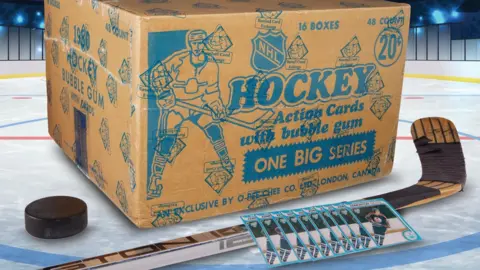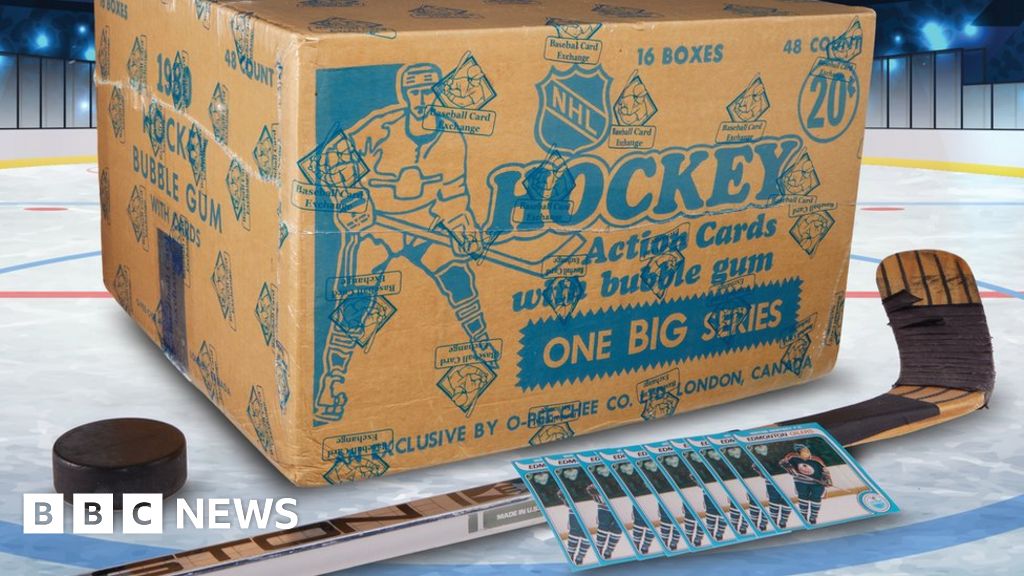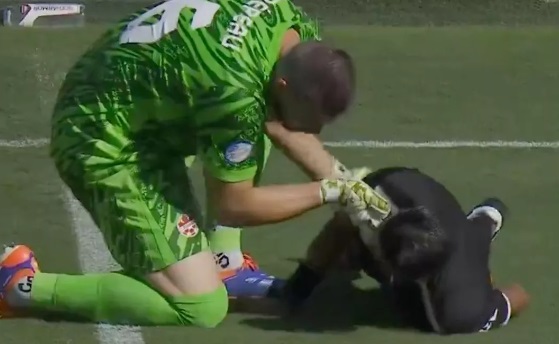By Chloe Kim and Jessica Murphy, BBC News
 Heritage auctions
Heritage auctionsAn unopened case of ice hockey cards found in a basement office earned a family in Canada US$3.1 million (C$4.2 million; £2.4 million) in the auction.
Inside, there could be more than 20 “rookie cards” of Wayne Gretzky, one of the sport’s greatest players.
The family who discovered the case hidden in their Saskatchewan office was “delighted” with the sale, an auction house spokesperson said.
The winning bid was made by a Canadian who chose to remain anonymous.
With a 20% premium on top of the purchase, the final amount the Canadian bidder will pay is approximately $3.7 million.
Dallas-based Heritage Auctions called the discovery of the pristine 1979-80 cards from the now-defunct O-Pee-Chee candy and trading card brand “the greatest unopened find of the 21st century “.
That characterization is based on the valuable trading cards — Mr. Gretzky’s rookie card, in particular — that might be inside. Rookie cards are the first to depict an athlete as a professional player, and many collectors will pay a premium for them.
An individual Gretzky card can fetch anywhere from a few thousand to several hundred thousand dollars. Heritage Auctions sold a 1979 O-Pee-Chee card for $3.75 million three years ago – a record.
Heritage Auctions states in its lot description that because there are 396 cards in the set, there could be approximately 27 physically intact Gretzky rookies inside the brown cardboard slipcase.
“And, I mean, there’s no guarantee, but it would be a big enough statistical anomaly” for it to deviate significantly from that number, said Jason Simonds, a sports card specialist at Heritage.
The family who discovered the deal “had a little viewing party with close friends to watch the auction,” Mr. Simonds said.
The dusty affair was discovered while the father was clearing out his office in Regina with the help of his son, Mr Simonds told the BBC.
The father was an “old school collector” who bought the sealed case years ago with the intention of opening it and making decks of cards to sell, but he just never got around to it , did he declare. The family asked to remain anonymous.
Crates like this, which contained 16 boxes with 48 packs per box and 14 cards per pack and over 10,000 cards in total, were originally intended to be sold to department stores who would open them and sell the packs individual to customers.
Before being put up for auction, the 16 wax boxes contained in the largest box were authenticated.

“Prone to fits of apathy. Beer evangelist. Incurable coffeeaholic. Internet expert.”







